Love is Not Dead! HBO's 'Love Life' Starring William Jackson Harper Shows Us Love Stories Still Exist Within Our Increasingly Complex Reality
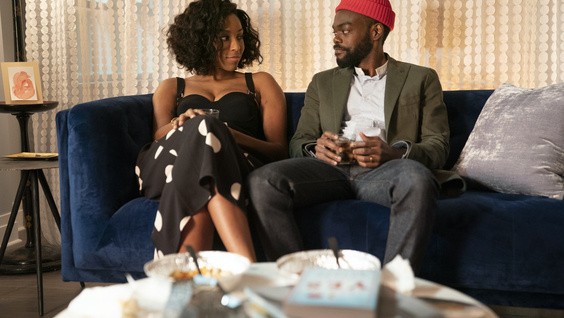
Everyone is familiar with the traditional rom-com: the heartstring tugging will-they-won't-they, the comedic flare, the serendipitous they-have-to, and the non-negotiable, wonderfully predictable happy ending. No one dives into a rom com because they expect to find some detailed road map that dictates their future decisions or changes their life.
Well, they haven't until now.
The HBO series Love Life takes the rom-com and gives it a reality that's never before been seen within the confines of the genre. The carefully written anthology series, focused on the life of Marcus Watkins, played by William Jackson Harper, shows us a romance that can exist within the confines of our incredibly intricate reality. This is not a love story. It is a love life. It expertly tackles familial love, forgiveness, bromances, the pandemic, and prevalent systemic racism. This show has it's finger strongly on the pulse of the real problems of the modern day. The attention to emulating a detailed reality with ceaselessly complex characters shows us that love and love stories can exist in the modern day.
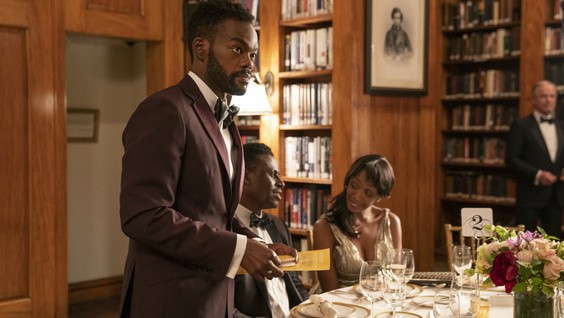
No character on this show is perfect. Marcus begins the show by entering an emotional affair with his wife Emily, who is played by Maya Kazan. This emotional back and forth is with the woman that he ends up head over heels in love with, Mia, who is played by Jessica Williams. These first moments of the show instantly call into question everything we think and feel about romanticized love. The idea of someone falling in love with someone else while they themselves are in a relationship is not foreign to the rom-com genre. Typically, however, the current significant other is instantly vilified. The writers give us an out. With Love Life there is no out. Emily is a fantastic character, a fun person, and a good wife. Within the confines of their relationship, Marcus is the villain. Through the lens of this season, he is the hero. We want him to be with Mia. We want to see him succeed. From moment one of this show, Love Life shows us that human beings are infinitely complex and the task of categorizing everyone into either good or bad is entirely a fool's errand.
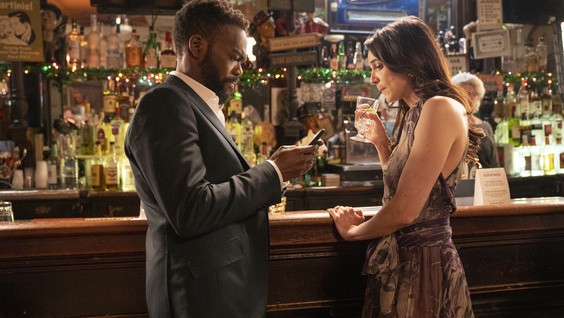
What makes Marcus's relationship with Mia so irresistibly compelling is, in many ways, the lack of focus on it. Mia drifts in and out of Marcus's life. He focuses on himself. He deals with his family, his friends, and his job. In the eight episode of the season, a heartbroken Watkins goes out into the woods with his friends for a guy's weekend. On this trip, Marcus and his friends are given an opportunity to work out their issues. Yogi, who is played by Chris "Comedian CP" Powell in the series, tells Marcus he can be a bit self absorbed. This openness and connection allows for the friends to grow closer together, solidifying their bond. This brotherhood allows the audience to see a true and complex side of masculinity that is often shielded from the rom-com realm. Prior to the airing of the series, Powell expressed to Vibe magazine, "I'm excited for the viewers to see a different side of the single man's side of the story. So often the man is demonized as the dating villain and rarely seen as a human just trying to figure things out. This season does a great job of letting you see a side you wouldn't normally get to see." This brotherly love and emotional vulnerability between friends further emphasizes that this series is not a love story, it is a love life. That extends to all forms of love.
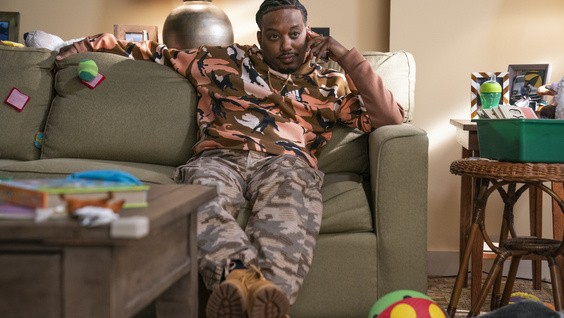
The show extends itself not only to various forms of love, but explores the trials and tribulations real life presents, and specifically has presented within the last year, solidifying that romantic love can exist even in light of the tribulations of the last year. Many rom-coms seek to establish ever so slightly outside of reality. They create problems that are, in the grand scheme of things, easily overcome such as professional relationships, distance, or a classic denial of feelings. However this show cements itself firmly in the problematic present day, addressing the coronavirus pandemic, the murder of George Floyd and subsequent protests, and the weak attempts of corporations to secure themselves behind a facade of performative allyship. Marcus ends a relationship with a fleeting girlfriend who is not taking the pandemic seriously. He quits his job after confronting his boss about their company's consistent and problematic resistance towards actually helping the black community. It is through our lead confronting real and modern day problems that Marcus finds his voice and his strength.
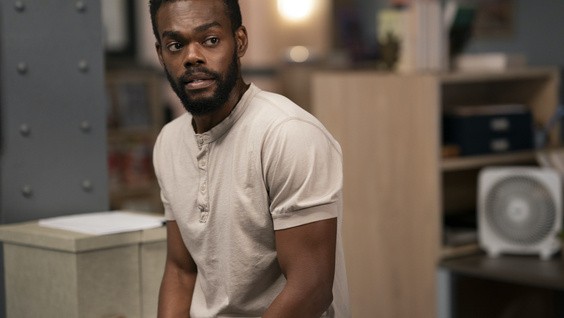
This confrontation of reality also allows Marcus to break through his idealized concept of what a healthy, human relationship is. The romantic ideology, the one written about in books and seen in movies, is perfect. It is this perfection, not the romance itself, that doesn't exist. People are imperfect. We see that from the first moments of the show. The way we interact with our family, friends, surroundings, traumas, work, and every other facet of the human condition is inherently flawed. It is in these flaws that perfection is found. Through experiencing his sister Ida's, played by Saturday Night Live's Punkie Johnson, Marcus is able to open himself up to the beauty of the imperfect relationship he has with Mia. This leads them to a lasting romance that is, in it's perfectly flawed way, perfect.
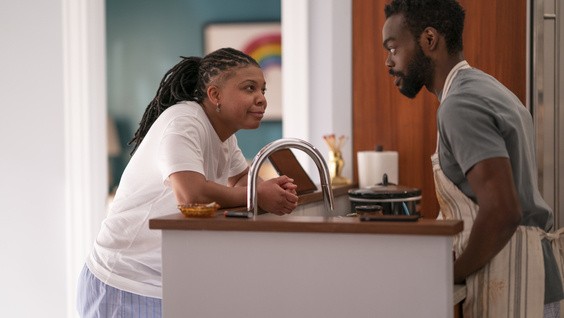
Love exists in the modern day, real world. Love stories have the infinite potential to ebb and flow, even in this complex world of quarantines and dating apps. The beauty and romance that comes from life is not in romanticizing life's complications. It is in embracing them: in allowing yourself to be submerged entirely in the messy reality that is life. Love Life shows us that love stories are as real as they have ever been, even in the world that becomes infinitely more complicated by the day.
© 2026 Enstarz.com All rights reserved. Do not reproduce without permission.






